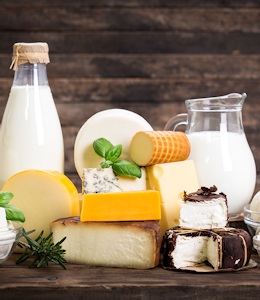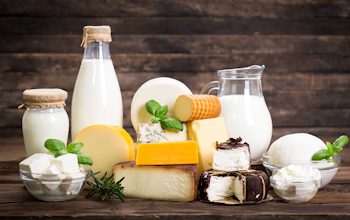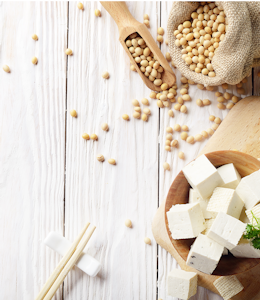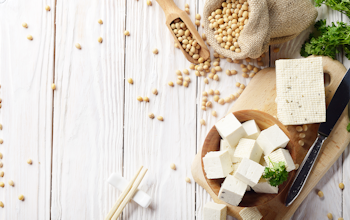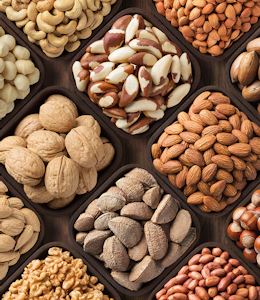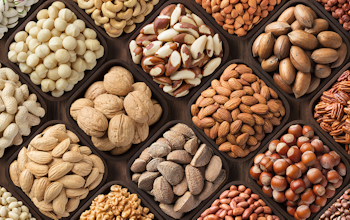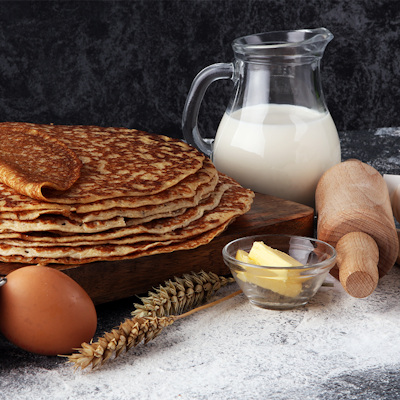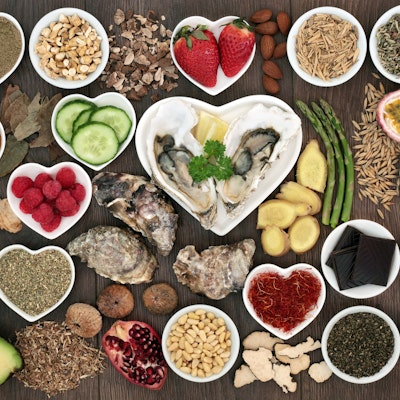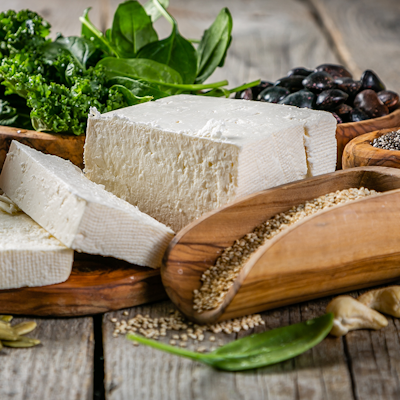Best Plant Milks: Your Guide
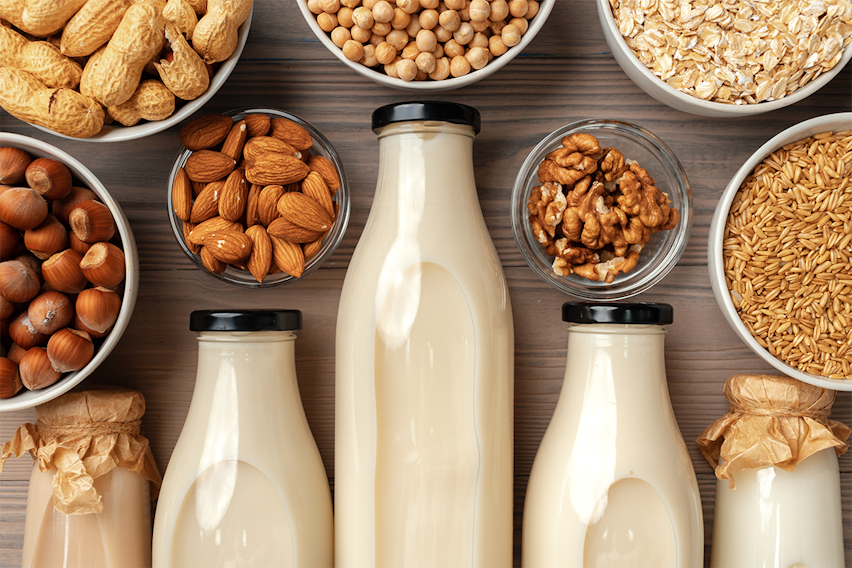
What’s the best plant milk? It’s a question without a simple answer - the plant milk market is bigger and better than it’s ever been before, with all of the different options offering different benefits, whether it be taste, nutrition or similarity to cow milk.
Plant milks are a godsend for vegans and people with a lactose intolerance, but they’re not all suitable for those with allergies, and it’s important to know which is which. So we’ve put together this handy guide to the different varieties so you have all the information you need.
The best plant milks are:
- Soya milk
- Rice milk
- Oat milk
- Almond milk
- Pea milk
- Coconut milk
Now let’s take a closer look at them...
Soya milk

What is soya milk?
Soya milk is a drink also known as soy milk or soymilk, which is made from whole soybeans.
The milk is made by soaking soybeans in water, then grinding them and mixing with water at a ratio of 10 parts water to 1 part soybeans. The mixture is boiled, and filtered to remove any particulates.
The existence of soy milk was recorded as far back as the Eastern Han dynasty, on a stone slab unearthed in China. By the 17th century it was known about in Europe.
Soya milk has a similar colour and consistency to cow’s milk - particularly skimmed or semi-skimmed. It also has a similar nutritional profile to skimmed milk, and compared to other plant-based milks like almond milk, it is high in protein. It is also rich in Omega 3 healthy fat, antioxidants, and B vitamins. It is also unique among plant milks for possessing all 9 essential amino acids, which are important to the body’s immune system - amongst other things.
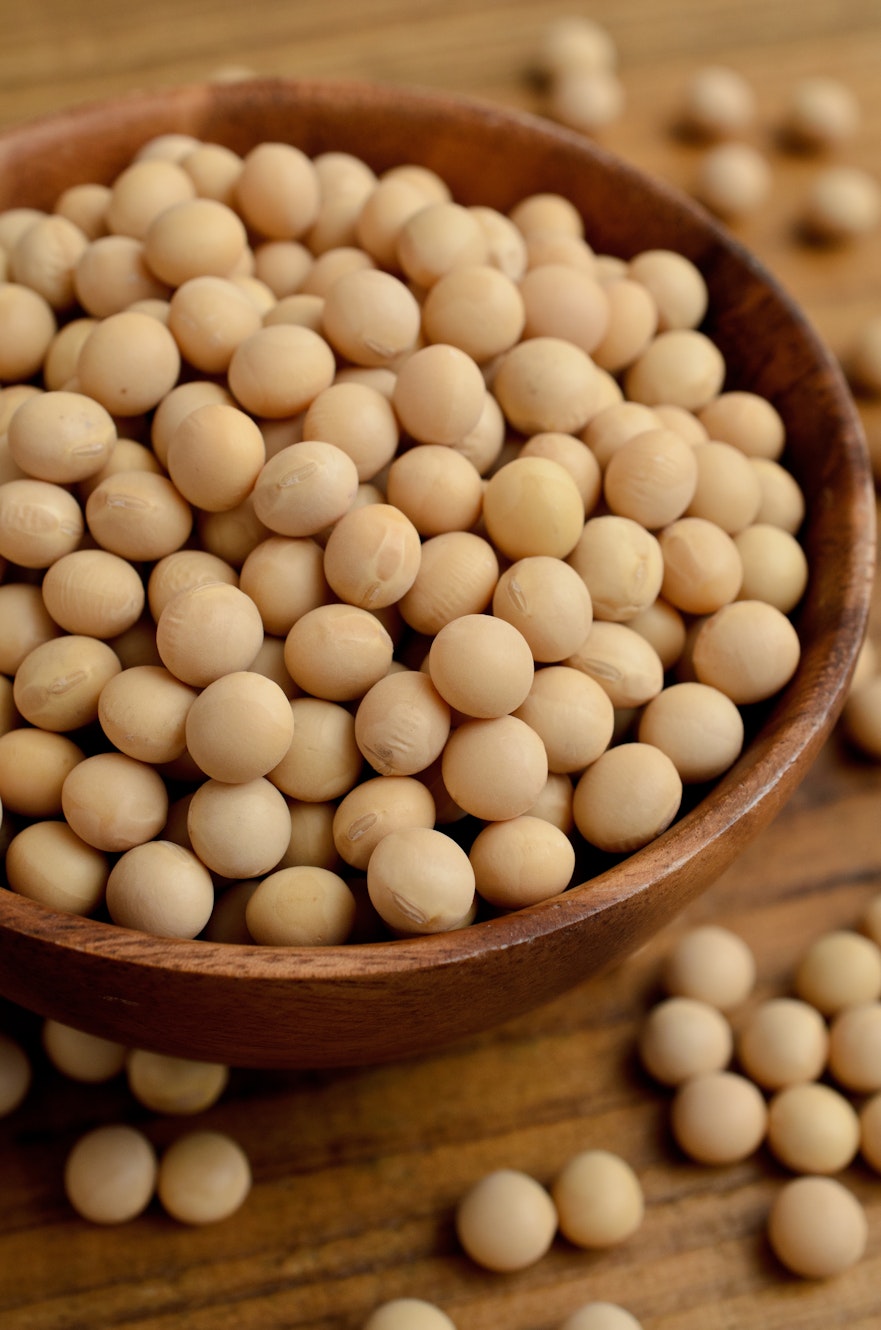
One thing to note - people with a history of calcium oxalate kidney stones might want to avoid or limit their intake of soya milk and other soy products, as they contain oxalate.
Soya milk is best for...
Using a substitute for low fat cow’s milk for those with a Milk allergy, Lactose intolerance or following a vegan diet.
Allergen alert
Soy milk is made from Soya - one of the 14 major food allergens.
Rice milk
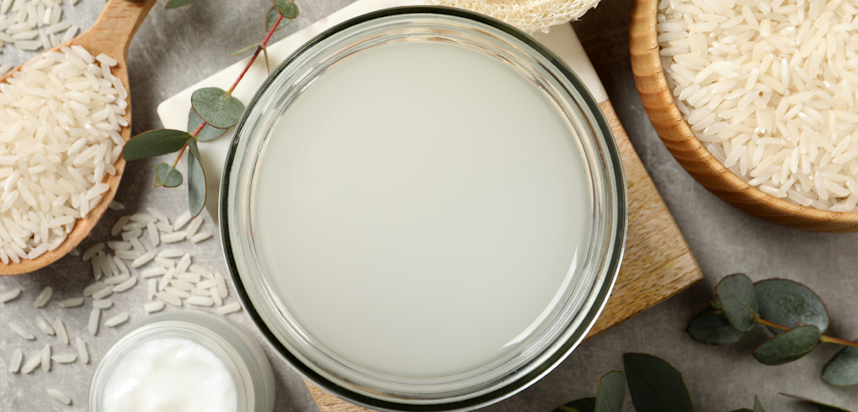
What is rice milk?
Rice milk is a drink made from rice - most commonly brown rice. The milk is made by pressing the rice grains through a grinding mill, and filtering and combining with water. Some varieties also include brown rice syrup and flavourings like vanilla among the ingredients.
The earliest known existence of rice milk is in Meatless Cookery, a cookbook by Maria M. Gilbert and released in 1914, with a company called Vita Rice Milk releasing a commercial version of the product in 1921 in San Francisco.
Rice milk is thinner and waterier than cow milk and other plant milks, with a mild, slightly sweet flavour. It is low in protein, but provides good amounts of vitamin A, vitamin B12 and Vitamin D, as well as calcium. It’s also low in fat.
Rice milk is higher in carbohydrates than cow’s milk, and other plant milk - this makes it a bad choice for those with diabetes but a very good choice for athletes who need it for refuelling and endurance purposes.
As well as being suitable for vegans and those with Lactose intolerance, rice milk does not contain any of the 14 major food allergens, nor any foods that are associated with cross-reactivity.
Rice milk is best for...
Those with allergies, and athletes.
Allergen alert
Rice milk contains none of the 14 major food allergens.
What is considered a plant milk?
A plant milk is a water and plant-based drink produced as an alternative to dairy milk, and usually has a similar colour and texture to dairy milk.
Though the idea of a “plant milk” or “vegan milk” is relatively new, plant juices or plant liquids have been consumed as beverages since mediaeval times.
Oat milk
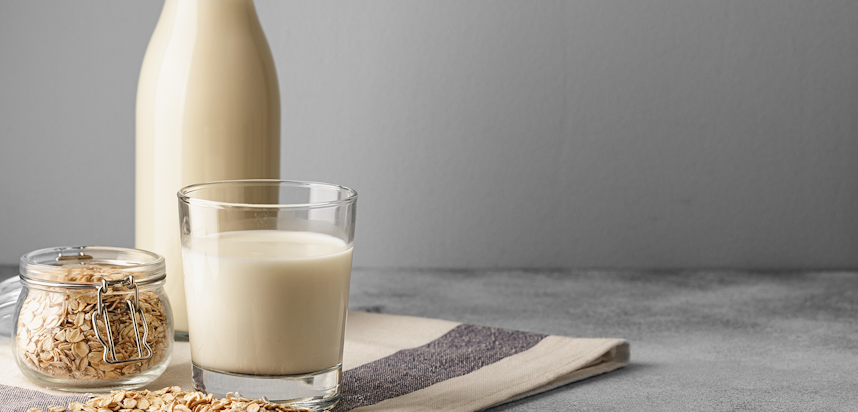
What is oat milk?
Oat milk is a drink made from rolled oats. It is created by blending the oats with water, straining the mixture to remove the pulp and adding enzymes to break down the starch in the oats.
Oat milk is one of the thickest and creamiest plant milks, with a texture similar to that of cow's milk. It has an oatmeal, biscuit-like flavour, and is often flavoured with ingredients such as vanilla and chocolate.
Developed in the 1990s by a Swedish scientist called Rickard Öste, it is one of the newer dairy-alternatives on the market, and contains high amounts of protein and fibre (more so than other plant milks) - making it good for the digestive system.
Oat milk has a high carbohydrate content, making it easier to get a frothy texture good for coffee and other hot drinks.
It has a similar amount of vitamins and minerals to cow’s milk, but has more unsaturated fat and less saturated fat (in fact oat milk also contains zero fatty acids and trans fats).
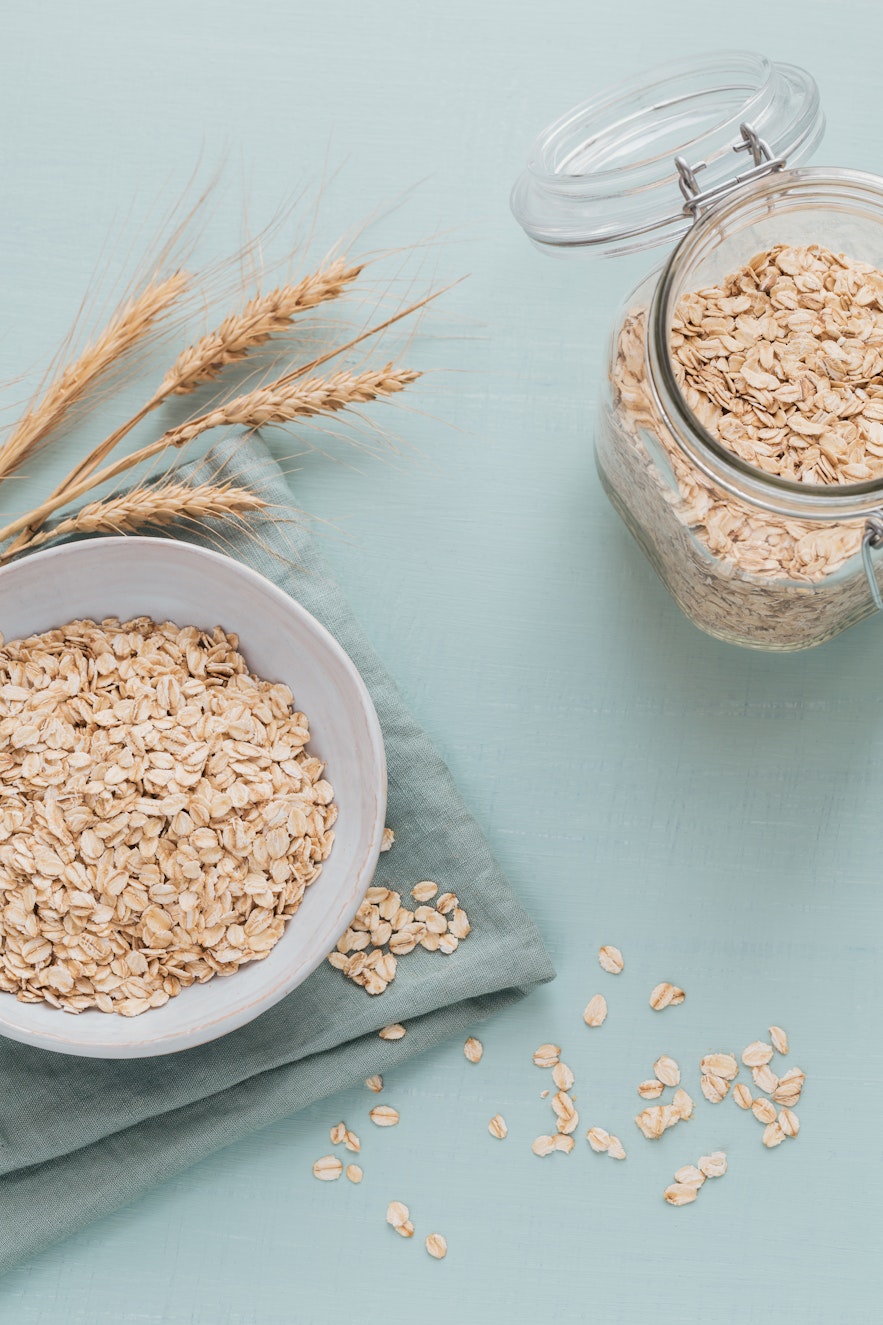
Many brands of oat milk are fortified with additional vitamins such as B12 and B2. There’s no decrease in vitamin or mineral intake when you swap cow’s milk for oat milk, as most cartons of commercial oat milk are fortified with A, D, B2, and B12 vitamins.
Oat milk is best for...
Coffee lovers and those who want the closest thing to cow’s milk.
Allergen alert
Oats are a Cereal containing Gluten, and therefore one of the 14 major food allergens.
Almond milk
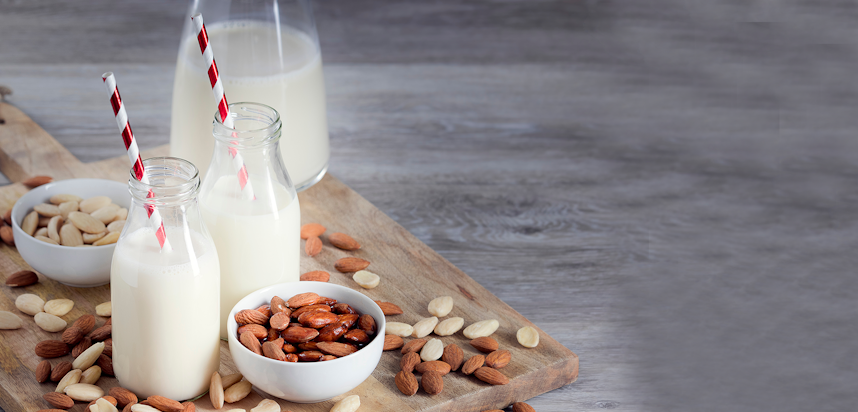
What is almond milk?
Almond milk is a drink made from almonds that have been soaked overnight to soften, then blended and strained into a liquid.
You may also be interested in…


You may also be interested in…
Solutions Spotlight: Allergen & Nutritional Data Search
ReadSome types of almond milk have additional ingredients such as sugar or salt, and many are fortified with vitamins, minerals and emulsifiers to change the texture or nutritional profile of the milk.
Whilst the existence of almond milk has been known about for centuries - there are mediaeval cookbooks that contain recipes for a meat-replacement broth enriched with almond milk or fish stock, it’s popularity has risen in the 21st century due to the mass adoption of veganism and other dairy-free diets.
Predictably, almond milk has a nutty flavour and a creamy texture also typical of nuts. Its taste pairs well with vanilla and chocolate, making it a popular choice for vegan milkshakes.
So long as it is unsweetened, almond milk is one of the lowest-calorie plant milks, and has a much lower calorie content than cow’s milk.
It’s also high in healthy fats, low in sodium and contains no cholesterol or saturated fats.
Almond milk is also the best choice for healthy skin, as it contains a good amount of the antioxidant vitamin E.
Almond milk is best for...
Those on a low-calorie or low-carb diet.
Allergen alert
Almonds are a (Tree) Nut, and therefore one of the 14 major food allergens.
What is fortified plant milk?
Fortified plant milk is a plant milk such as almond milk or soya milk that has had ingredient additions to make them more like dairy milk or improve their nutritional profile. This can mean the addition of vitamins and minerals, or the addition of an emulsifier that helps imitate dairy milk’s creaminess.
Coconut milk
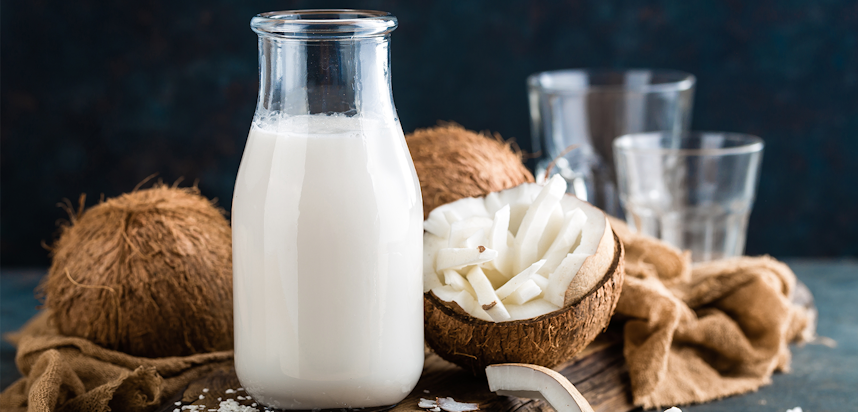
What is coconut milk?
Coconut milk is a non-dairy milk made from the flesh of a mature coconut. The flesh is grated into pulp and strained through a cheesecloth or the like to extract the liquid. Coconut milk can come in various thicknesses depending on how many times the flesh has been strained.
Coconut milk is rich in flavour and texture - because of coconut's high oil and fat content, making it extra creamy. This creaminess is one of the reasons it is such a popular cooking ingredient, particularly in Asian and African cuisine.
The recipes and ingredients for coconut milk used for cooking and coconut milk used as a cow’s milk substitute can differ, and the former can often have a consistency closer to cream than milk.
Coconut milk is high in fat, including slightly more saturated fat than most other plant milks, but it also can improve a person’s levels of “good’ cholesterol whilst lowering “bad” cholesterol. It also contains lauric acid, which acts as an anti-inflammatory and antimicrobial.
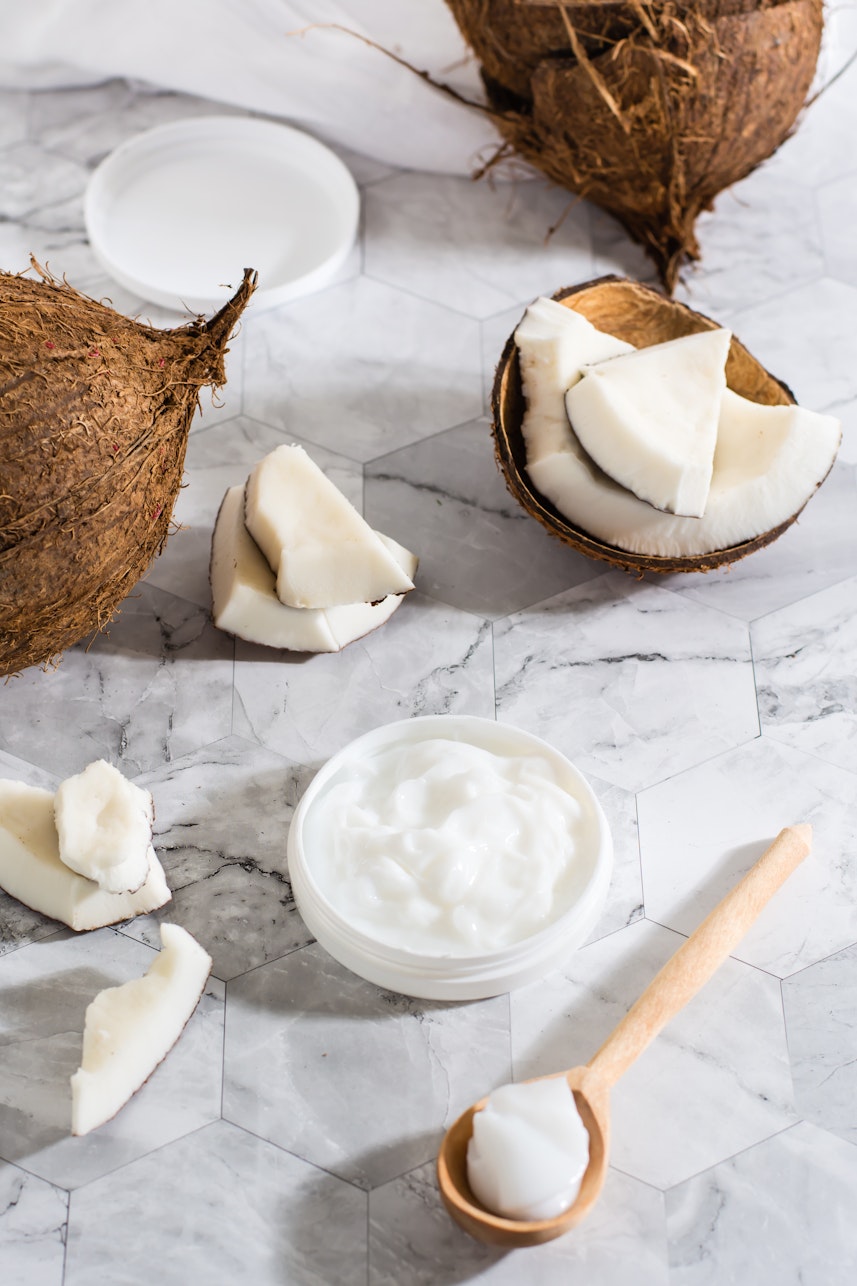
It's a good source of Vitamin D and B vitamins, but it does contain less potassium and calcium than almond milk.
Coconut milk is best for...
Cooking with.
Allergen alert
Coconut milk does not contain any of the 14 major food allergens, but some people with a (Tree) Nut allergy may experience cross-reactivity with coconuts.
Pea milk
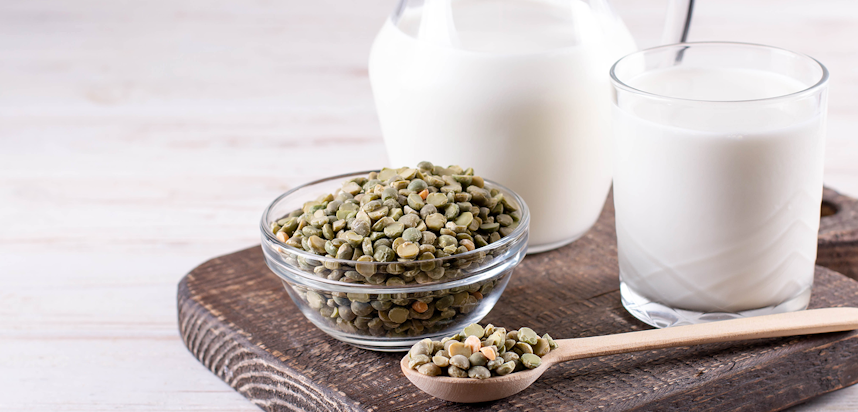
What is pea milk?
Pea milk is a plant-based drink that comes not from green peas but from protein in yellow peas. This protein is extracted from the pea (by grinding the peas into a flour and then separating the protein from the starch), and combined with water, oil (usually sunflower oil) and often sweeteners (such as vanilla extract) thickeners, phosphates and fortifiers such as vitamins and minerals. It can come sweetened or unsweetened.
Pea milk is thought to be a relatively new invention, but pea protein has been used for various things since the middle of the 19th century.
Some people consider pea milk to taste more like cow's milk than other plant milks, but others believe it to have a distinctive and even bitter flavour.
Nutritionally, pea milk ranks well across the board when compared to other plant milks - it has more protein than almond milk but less than soya milk, and has good amounts of fibre, potassium, Vitamin D, Vitamin D, iron and calcium (if fortified). It is lower in sugar than cow’s milk.
Pea milk has a low carbon footprint and is thought to be one of, if not the, most environmentally friendly plant milks to produce.
Pea milk is best for...
Those looking for an eco-friendly option.
Allergen alert
Pea milk does not contain any of the 14 major food allergens. However, peas are a legume and may cause some cross-reactivity for those with a Peanut allergy.
Is plant milk actually milk?
Plant milk is not the same as dairy milk (such as cow’s milk) and in the European Union it is not allowed to call itself “milk”. Most plant milks refer to themselves as milk alternatives, or by a description such as "almond drink".
You may also be interested in…


You may also be interested in…
